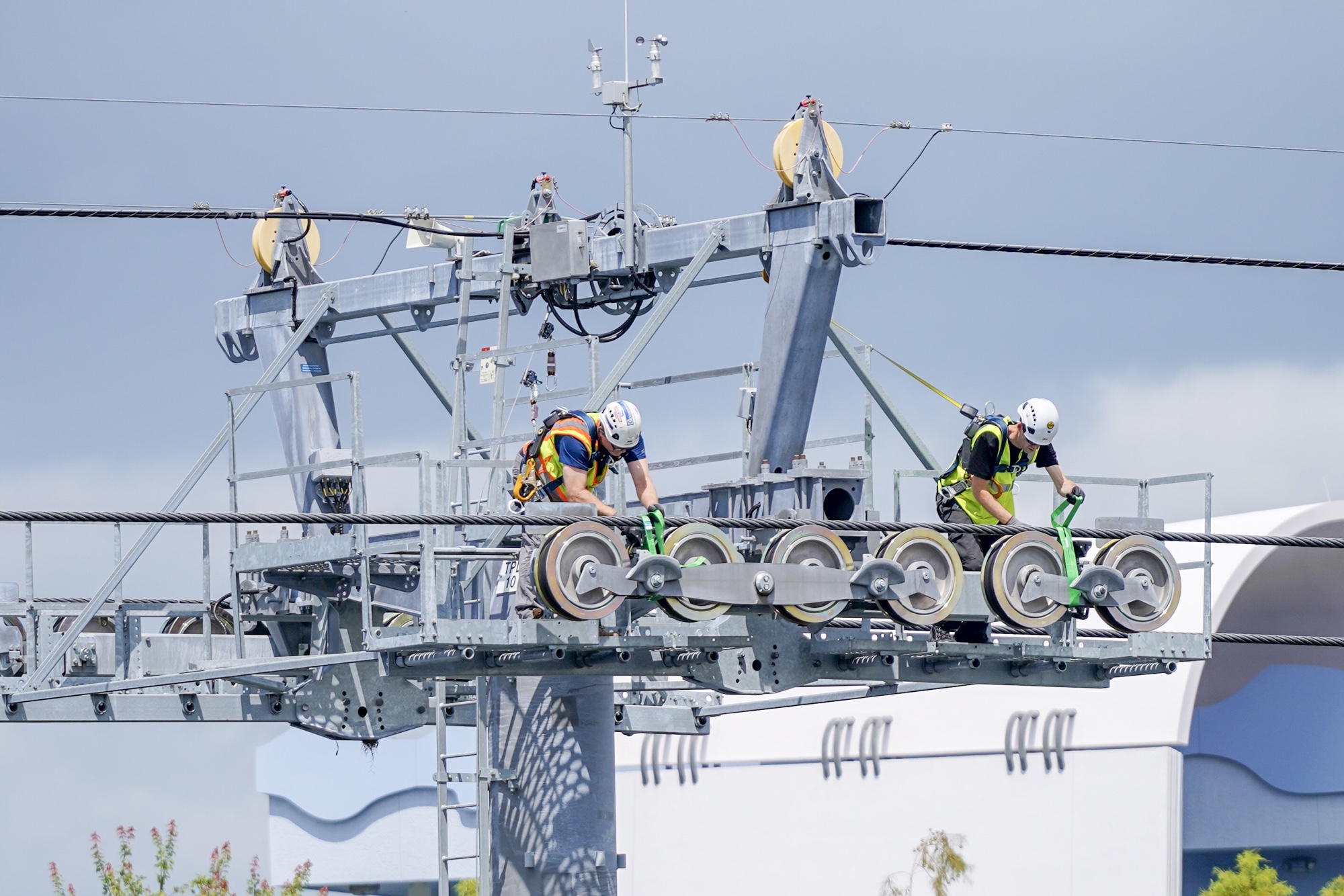At the expense of going further off-topic, you've hit the point without realizing it. The people who generally use the terms "MVA/MVC" are medical providers treating vehicle occupants, they don't have any idea of how the collision happened, whether it was intentional or not, nor generally speaking, do they know who/what was at fault. All they really know is what they need to know to treat the patient - that the patient was involved in collision with or between motor vehicles, and sometimes they might get some idea as to the severity of the collision. Therefore, rather than implying anything about whether it was intentional or not, you use the all-encompassing term "collision." So it's not hokey, it's meant to convey a fact (two vehicles collided) rather than a conclusion (it was accidental vs. negligent vs. intentional).

